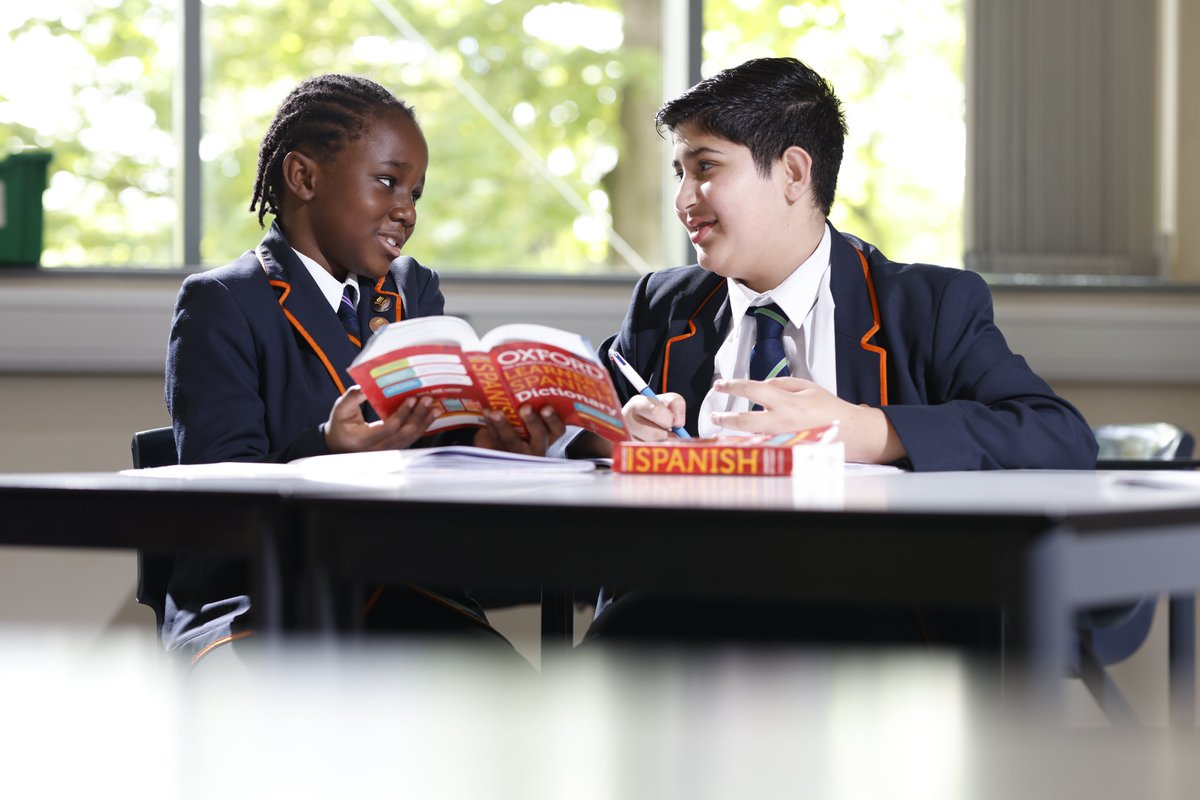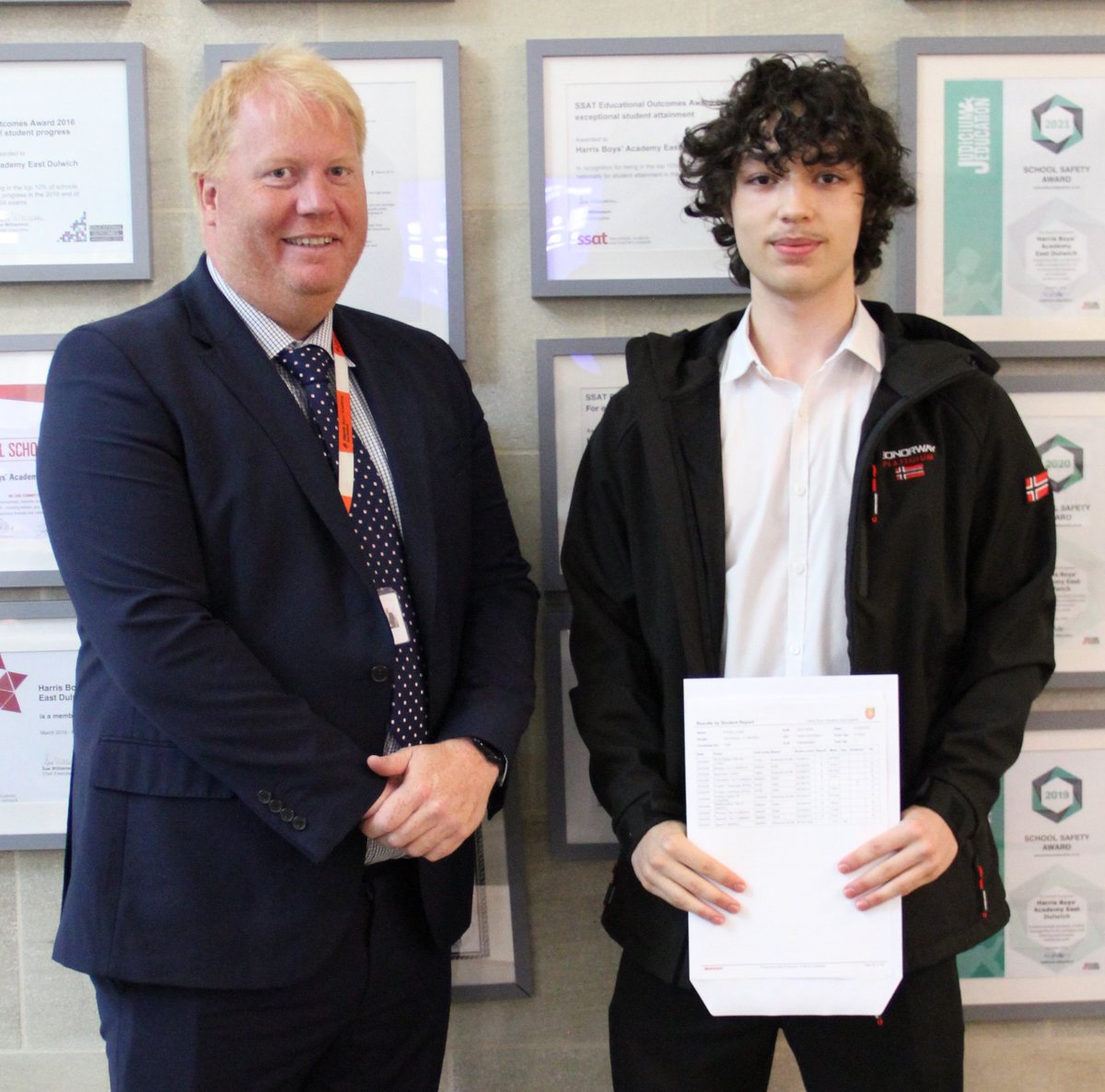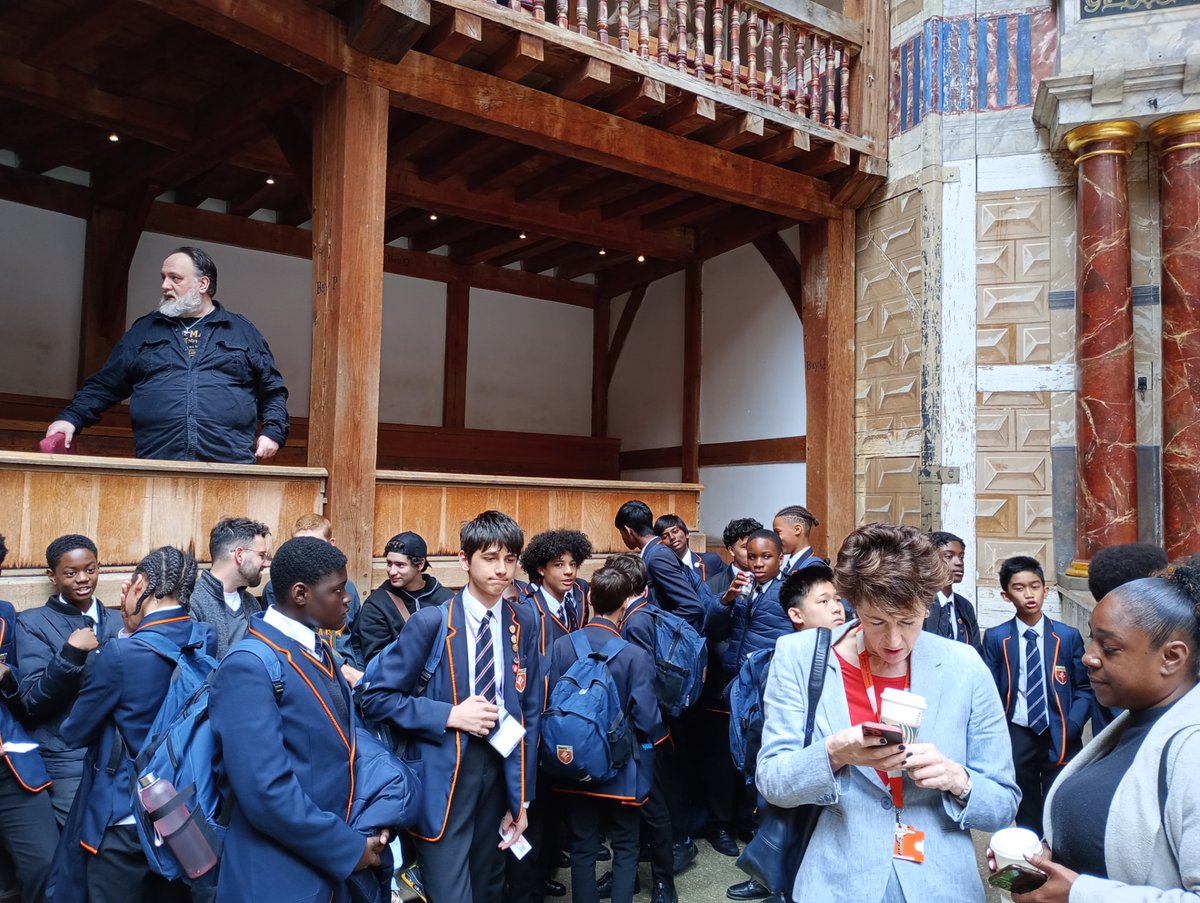
Homework
Homework develops independent study and enables students to become life-long learners. This page explains how and why we set homework.
How is homework set?
Maths: Homework is set weekly on Sparx (Years 7 to 10) and on Stride Weekly (Year 11)
English: Homework is set weekly on Bedrock (Years 7 to 10) as well as additional homework on Teams fortnightly for all Year Groups in English
All other subjects years 7-11: Homework is set fortnightly. This means three pieces of homework per subject each half-term (six week period) .
Sixth Form: Students are set weekly homework for each A-level subject they study
We use a variety of online learning platforms to set the homework. Please see the list below to know which website to use and how to access it.
|
Subject |
Website |
How to login |
|
Art |
Teams |
|
|
Business & Enterprise |
Seneca |
|
|
Citizenship |
Teams |
|
|
Computing (GCSE) |
Teams |
|
|
Computing (A-level) |
Smart Revise |
|
|
Design and Technology |
Teams |
|
|
Drama |
Teams |
|
|
Economics |
UpLearn and Teams |
See Welcome Email from UpLearn in Outlook
|
|
English |
Bedrock and Teams |
|
|
Geography |
Seneca |
|
|
History |
Teams |
|
|
ICT Years 7-13 |
Teams |
|
|
Maths Year 7, 8, 9 and 10 |
Sparx |
|
|
Maths Year 11 |
Stride |
|
|
Maths Year 12 and 13 |
Seneca |
|
|
Music |
Teams |
|
|
Religious Studies |
Teams |
|
|
Science |
Seneca |
|
|
Spanish |
Language Nut |
|
|
Travel and Tourism |
Teams |
Microsoft Teams
All students have access to Microsoft Teams using their school log in details. For more support on how to log in to MS Teams please see our Using Microsoft Teams page.
 Structure of homework for subjects that set fortnightly homework
Structure of homework for subjects that set fortnightly homework
Homework Task 1: Prior Learning
Students will complete a task to cement their prior knowledge within each subject. Students will be given tasks that will be created to look at topics, lessons from previous weeks, terms and years to ensure key information is still being retained.
Homework Task 2: Current Learning
Students will have a focus on current topics within each subject area and will be provided with a task that will show understanding of current knowledge and embed this learning further.
Homework Task 3: Future Learning
The final task for each half term will consist of a new learning that will focus on future topics within each subject area. Students may be provided with reading material, research tasks or support resources to enable them to complete the third task.
How will I know when homework is due?
This information can be found on MS Teams or on the respective websites that subjects use. This allows students to take responsibility for their learning and also allows the teacher flexibility in setting the homework at the most appropriate point in the students' learning.
Why homework matters - five key reasons
As the world of education changes, homework is more important than ever. So, what are the five most important reasons homework is important in modern education?
- As GCSE courses now place a greater emphasis on end of course exams, it is essential pupils become independent learners at as early an age as possible.
- With the emergence of the internet, information is more readily available than any other time in history. Relevant, investigative, homework tasks inspire pupils to explore this wealth of information for themselves.
- Independent study teaches important life skills. Only by working without the support of teachers can pupils learn how to self-manage and find answers for themselves.
- It's not the work completed in class that will ultimately decide pupils’ GCSE results. It’s the hours spent at home or in the library honing the knowledge and skills required for success.
- Homework can be fun - an opportunity for parents and other adults to take an active interest in what their child is doing.
Knowledge Organisers
Each half term students will be provided with a Knowledge Organiser for each subject to use in their books in lessons as well as being posted to MS Teams.
A Knowledge organiser is a set of key facts or information and subject specific (disciplinary) vocabulary that students need to be able to recall in order to master a unit or topic. The Knowledge Organiser also contains the homework tasks outlined above.
Typically, an organiser fits onto one page of A4 or A3 – this helps students to visualise the layout of the page which in turn helps them to memorise the information better. The Knowledge Organiser creates a shared understanding between home and school of the key knowledge and homework tasks for each subject per half term
Intent: Why do we use Knowledge Organisers?
The intention behind using Knowledge Organisers is:
- to support retrieval practice
- to support explicit teaching of disciplinary language
- to emphasise homework as part of the learning process
- to support a shared dialogue of learning between teacher, student and home.
GCSEs and BTECs are becoming increasingly challenging. Most subjects have lost their controlled assessments (previously known as coursework) and these have been replaced with additional exam papers. The focus of these exams is the retrieval and application of knowledge. This puts increasing pressure on students to know and retain even more information for longer.
Our short-term memory is designed to be just that and has limited capacity. Pupils find themselves unable to retain the information, they become stressed and often give up, convincing themselves they are no good at revising or that they “can’t do subject ‘x’ ”.
The secret to success is to regularly revisit the knowledge to be learned (known as ‘spaced retrieval’). This helps transfer the knowledge from the short-term memory to the long-term memory. This not only helps to make ‘stick’ but it also frees up our short-term memory for day-to-day learning and experiences.
Implementation and impact: How will a Knowledge Organiser help my child?
Knowledge organisers will be made available at the start of each half term to help students remember what they’re learning and to help them to understand the bigger learning journey in their subjects. Instead of forgetting previous learning, pupils continually revisit and retrieve prior learning from their long-term memories making it easily accessible when needed.
How will a Knowledge Organiser help me to help my child?
Many of you ask us how you can help to support your children at home. Some of you are worried that you don’t have all of the subject-specific knowledge to be able to help your children. Some of you worry how to check that your children have done their homework and revision. The knowledge organisers will help you to do this easily.
Above and beyond the task outlines above, we would recommend that pupils spend thirty minutes per evening in Key Stage 3 and an hour in Key Stage 4 learning the knowledge detailed in the organiser.
Strategies to support your son/ward with Knowledge Organisers
- Read through the organiser with your son/ward – if you don’t understand the content then ask them to explain it to you – ‘teaching’ you helps them to reinforce their learning.
- Try converting the information into a mind map or make your own version using clip art imagery if the organiser contains a lot of text. Display on the wall or the fridge door until the memory ‘sticks’.
- Test them regularly on the spellings of key words until they are perfect. Make a note of the ones they get wrong – is there a pattern to the spelling of those words?
- Get them to make a glossary (list) of key words with definitions or a list of formulae.
- Try recording the knowledge from the organiser as an mp3 sound file that your child can listen to. Some pupils retain more information this way.
- Read sections out to them, missing out key words or phrases that they have to fill in. Miss out more and more until they are word perfect.
- Once they are word perfect and can remember all of the knowledge on the organiser, use the internet or a book to find out more or ask the teacher for some (more) exam questions.

























